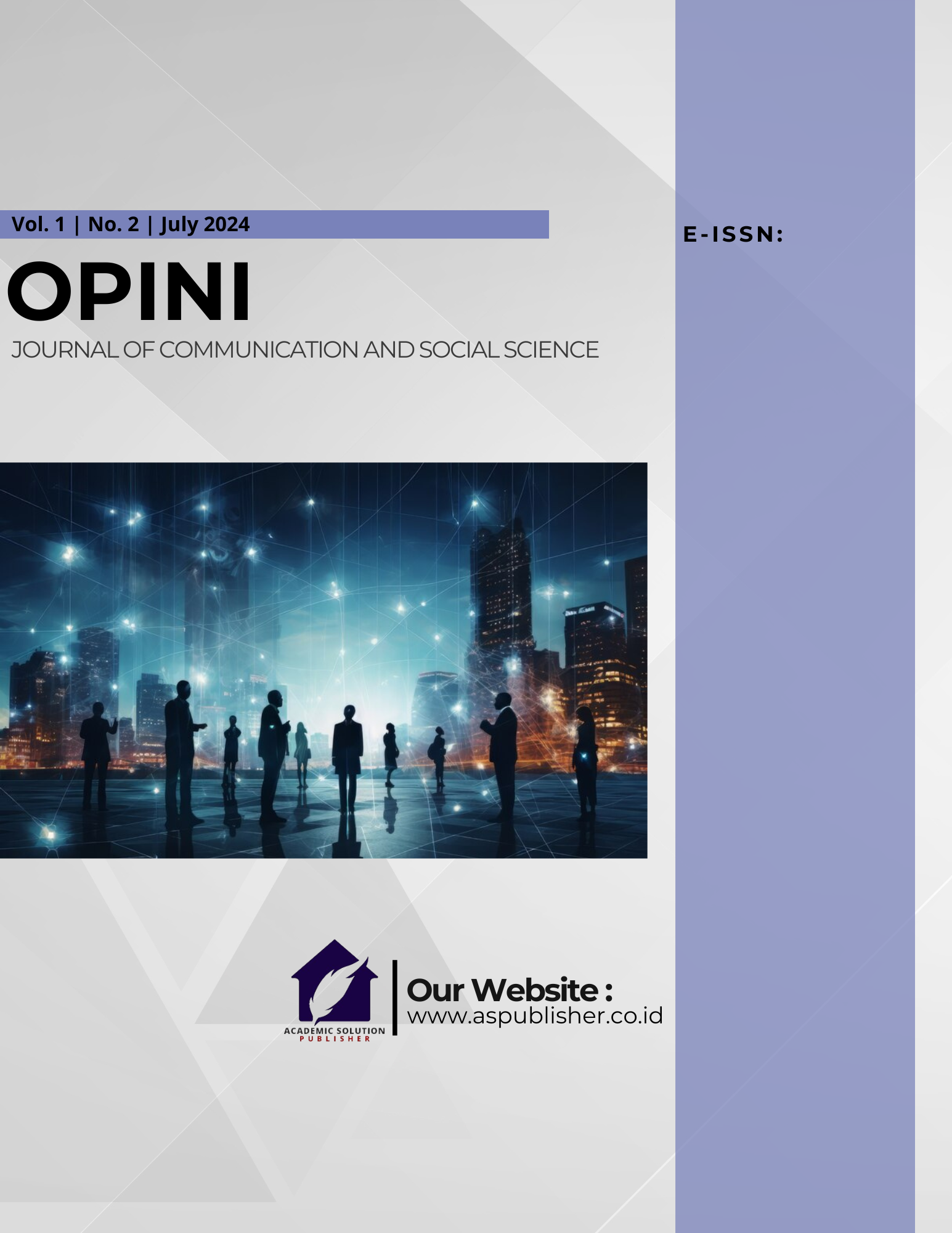SHIFT IN FAMILY VALUES: CHALLENGES AND ADAPTATIONS IN THE MODERN ERA
DOI:
https://doi.org/10.70489/bm07zr84Keywords:
family values, modernization, family adaptation, social challenges, technology, gender rolesAbstract
The shift in family values has become an important phenomenon in the social context of the modern era. This study examines the changes in values that occur within families, the challenges they face, and the adaptation strategies employed by families to remain harmonious and functional. In the context of modernization, globalization, and technological advancement, traditional values such as family unity, respect for parents, and clear gender roles are undergoing significant transformations. This research uses a qualitative method with a case study approach on several families in Indonesia. Data were collected through in-depth interviews and participatory observation to gain a comprehensive understanding of the current dynamics of family values. The results of the study show that although many families experience dilemmas in maintaining traditional values, they also demonstrate a high capacity for adaptation by integrating new values relevant to the modern context
References
Alfisyahr Izzati (2016) "Social and Cultural Adaptation Strategies for Indonesian Children Abroad".
Appadurai, A. (1996). Modernity at Large: Cultural Dimensions of Globalization. University of Minnesota Press.
Castells, M. (2000). The Rise of the Network Society. Blackwell Publishing.
Chris Barker(2008), “Cultural Studies; Theory and Practice “IV Printing
Denzin, N. K., & Lincoln, Y. S. (2018). The SAGE Handbook of Qualitative Research. Sage Publications.
Elder, G. H., & Shanahan, M. J. (2006). The Life Course and Human Development. In W. Damon & R. M. Lerner (Eds.), Handbook of Child Psychology (6th ed., Vol. 1, pp. 665-715). John Wiley & Sons.
Greenfield, P. M. (2009). Technology and Informal Education: What is Taught, What is Learned. Science, 323(5910), 69-71.
Giddens, A. (1991). Modernity and Self-Identity: Self and Society in the Late Age Modern Age. Stanford University Press.
Hochschild, A. R., & Machung, A. (2012). The Second Shift: Working Families and the Revolution at Home. Penguin Books.
Kusumastuti, A., & Khoiron, AM (2019). Qualitative research methods. Sukarno Pressindo Educational Institute (LPSP).
Lexy J. Moleong, Qualitative Research Methodology (Bandung: Teen Rosdakarya, 2000) cet. 18, p.5.
Muhammad Ngafifi. Advances In Technology And Patterns Of Human Life In Socio-Cultural Perspective. Journal of Educational Development: Foundation and Application.
Parsons, T., & Bales, R. F. (1955). Family, Socialization and Interaction Process. Free Press.
Patterson, J. M. (2002). Understanding Family Resilience. Journal of Clinical Psychology, 58(3), 233-246.
Risman, B.J. (2004). Gender As a Social Structure: Theory Wrestling with Activism. Gender & Society, 18(4), 429-450.
Robertson, R. (1992). Globalization: Social Theory and Global Culture. Sage Publications.
Turkle, S. (2011). Alone Together: Why We Expect More from Technology and Less from Each Other. Basic Books.
Walsh, F. (2012). Normal Family Processes: Growing Diversity and Complexity. Guilford Press.
Yin, R. K. (2018). Case Study Research and Applications: Design and Methods. Sage Publications.
Downloads
Published
Issue
Section
License

This work is licensed under a Creative Commons Attribution-ShareAlike 4.0 International License.








